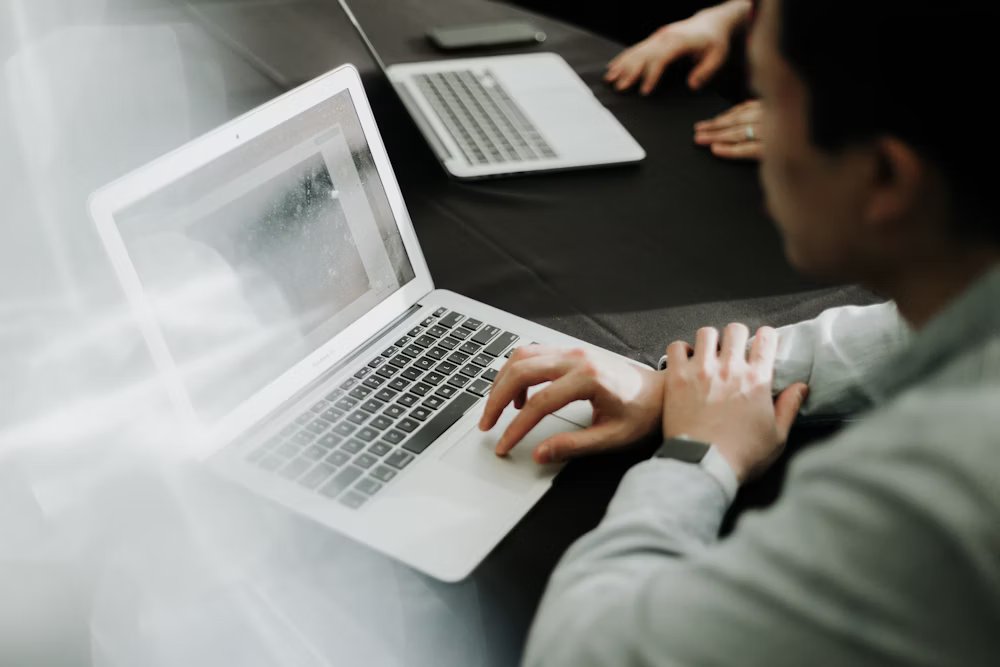Landing an interview is an exciting milestone, but it's only half the battle. Proper preparation can mean the difference between receiving a job offer and continuing your search. This comprehensive guide will walk you through everything you need to know to prepare effectively for your next interview.
Research the Company Extensively
Before you step into any interview, you should have a deep understanding of the company, its culture, products, services, and position in the market. This knowledge demonstrates genuine interest and helps you tailor your responses.
Pro Tip: Go beyond the company's website. Look for recent news articles, check their social media presence, and read employee reviews on sites like Glassdoor to get a well-rounded perspective.
Key research areas:
- Company mission, values, and culture
- Recent news, projects, or achievements
- Products, services, and target market
- Company leadership and organizational structure
- Competitors and industry position
Understand the Job Description Thoroughly
Analyze the job description to identify the key skills, experiences, and qualities the employer is seeking. This will help you prepare examples that demonstrate you possess what they're looking for.
Surface reading: Just noting the required qualifications
Deep analysis: Identifying underlying needs and priorities behind each requirement
Prepare Your Stories and Examples
Most behavioral interviews use the STAR method (Situation, Task, Action, Result) to evaluate how you've handled situations in the past. Prepare 5-7 strong stories that demonstrate your key competencies.
Remember: Your stories should highlight specific achievements, challenges overcome, skills applied, and lessons learned. Quantify your results whenever possible to add credibility.
Common competency areas to prepare for:
- Problem-solving and critical thinking
- Leadership and teamwork
- Communication skills
- Adaptability and resilience
- Conflict resolution
Anticipate Common Interview Questions
While you can't predict every question, many interviews include standard questions that you can prepare for in advance. Practice your responses until they feel natural but not rehearsed.
Frequently asked questions:
- "Tell me about yourself" (elevator pitch)
- "What are your strengths and weaknesses?"
- "Why do you want to work here?"
- "Where do you see yourself in 5 years?"
- "Why are you leaving your current position?"
- "How do you handle stress or pressure?"
Prepare Questions to Ask the Interviewer
Asking thoughtful questions demonstrates your interest in the role and helps you determine if the position and company are right for you. Prepare at least 5-10 questions, as some may be answered during the interview.
Basic questions: About salary, benefits, or vacation time
Strategic questions: About team dynamics, success metrics, challenges, and growth opportunities
Practice Your Delivery
How you communicate is just as important as what you communicate. Practice speaking clearly, maintaining good posture, and using appropriate body language.
Practice techniques: Record yourself answering questions, practice with a friend, or use mirror practice. Pay attention to eliminating filler words, maintaining eye contact, and projecting confidence.
Plan Your Logistics
Reduce day-of stress by planning all logistics in advance. For in-person interviews, know exactly where you're going and how long it will take to get there.
Logistics checklist:
- Interview time, date, and location (or video link)
- Travel route and time (add 15-30 minute buffer)
- Professional attire prepared in advance
- Copies of your resume, references, and portfolio
- Charged devices and necessary technology for virtual interviews
Prepare for Different Interview Formats
Interviews can take various forms—phone screens, video calls, panel interviews, technical assessments, or case studies. Understand what to expect and prepare accordingly.
For virtual interviews: Test your technology, check your background lighting, and minimize potential distractions.
For technical interviews: Review relevant skills, practice coding problems, or prepare to discuss technical challenges.
Follow Up Strategically
Your interaction with the company shouldn't end when the interview does. A thoughtful follow-up can reinforce your interest and keep you top of mind.
Effective follow-up: Send personalized thank-you emails within 24 hours to each interviewer. Reference specific parts of your conversation to demonstrate active listening and reinforce your fit for the role.
Thorough interview preparation takes time and effort, but it significantly increases your chances of success. By following this comprehensive guide, you'll not only perform better in interviews but also approach them with greater confidence and clarity about what you bring to the role.



